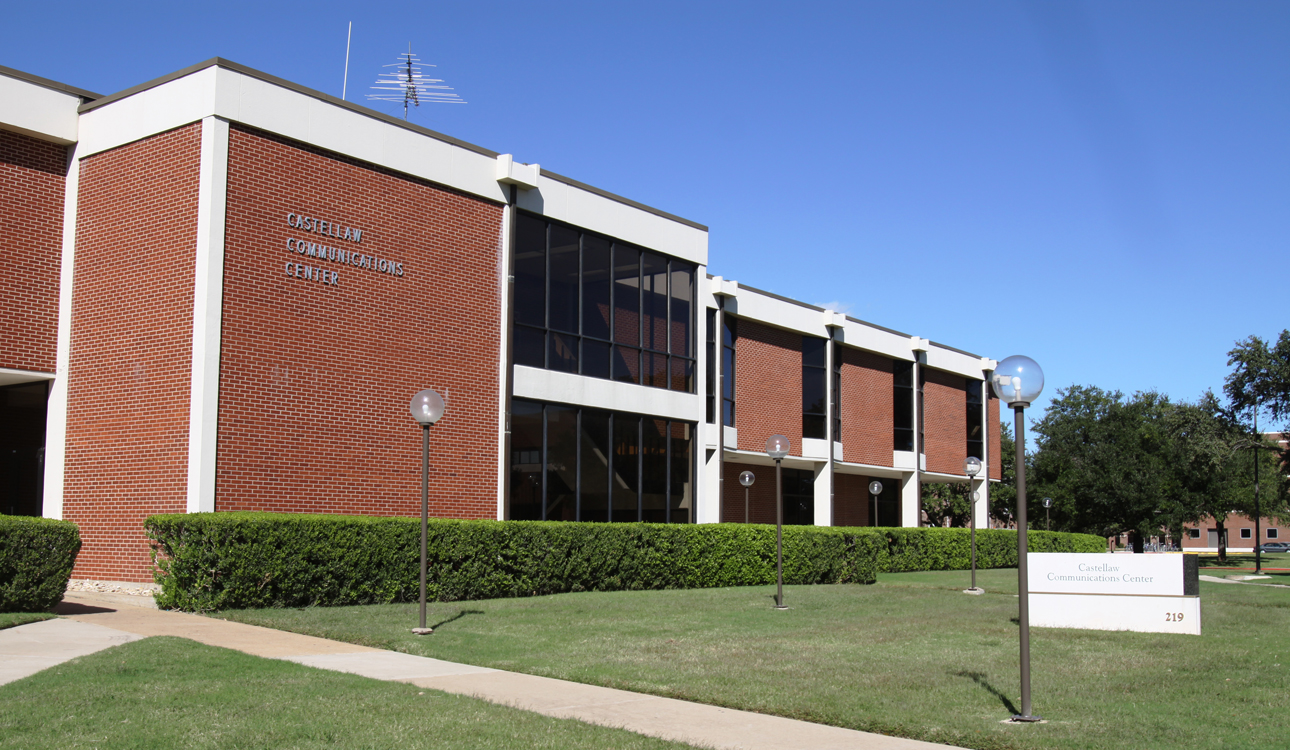
File Photo
By Matthew Hellman
Reporter
Storytelling in the 21st Century, a new course offered at Baylor, offers graduate students the opportunity to learn how modern technology is evolving the methods the film industry uses to tell stories.
“Storytelling in the 21st Century is all about how storytelling is changing as a result of the modifications in technology, and the way technology fluctuates impacts the way we experience media,” Chris Hansen, associate professor and film and digital media division director, said.
Throughout the class, students will explore methods of making modern media, while also learning about the approaches taken by various successful producers in the field, according to the course syllabus.
“With the technology, movies are becoming less difficult to produce, enabling producers and cinematographers to see their ideas physically, visually represented rather than just in their head, telling the element of the story they want to tell,” master’s candidate and student in the course Bailey Eubanks said. “If they can think it, they can do it.”
The course will also involve discussions on the negative influences of new technology on filming methods, devices and concepts in storytelling.
“There are different agendas concerning the minds of Hollywood. Mostly it is about the money,” Eubanks said. “People are becoming more apt to staying in the home versus attending the theaters. The general public is not concerned with the deeper message, art or the viewing etiquette. Through that, a lot of the magic is lost.”
For their final project, students will have the choice of producing a piece of media or submitting a conference paper that expresses their understanding of the influence of technology on contemporary storytelling.
“What I am trying to do with the class is get students to think through these ideas for new media possibilities, engage with them and actually produce work that is attempting to be futuristic by thinking outside the box and telling stories in a way that would be different from what they imagine they would be doing,” Hansen said.
The course will provide students with the opportunity to meet Dr. Chuck Tryon, the author of “Reinventing Cinema: Movies in the Age of Media Convergence,” for a Q&A Skype session during which they can learn more about technology and the era of modern film on Jan. 23.
“Technology is a tool. I have to use it, and I have to understand how it can be used,” Hansen said. “I’m really inviting students to expand my knowledge about the way they experience stories and how those stories are mediated by technology in order to broaden their view on storytelling technically and visually.”
Hansen said he hopes the course will become foundational for digital media students.






